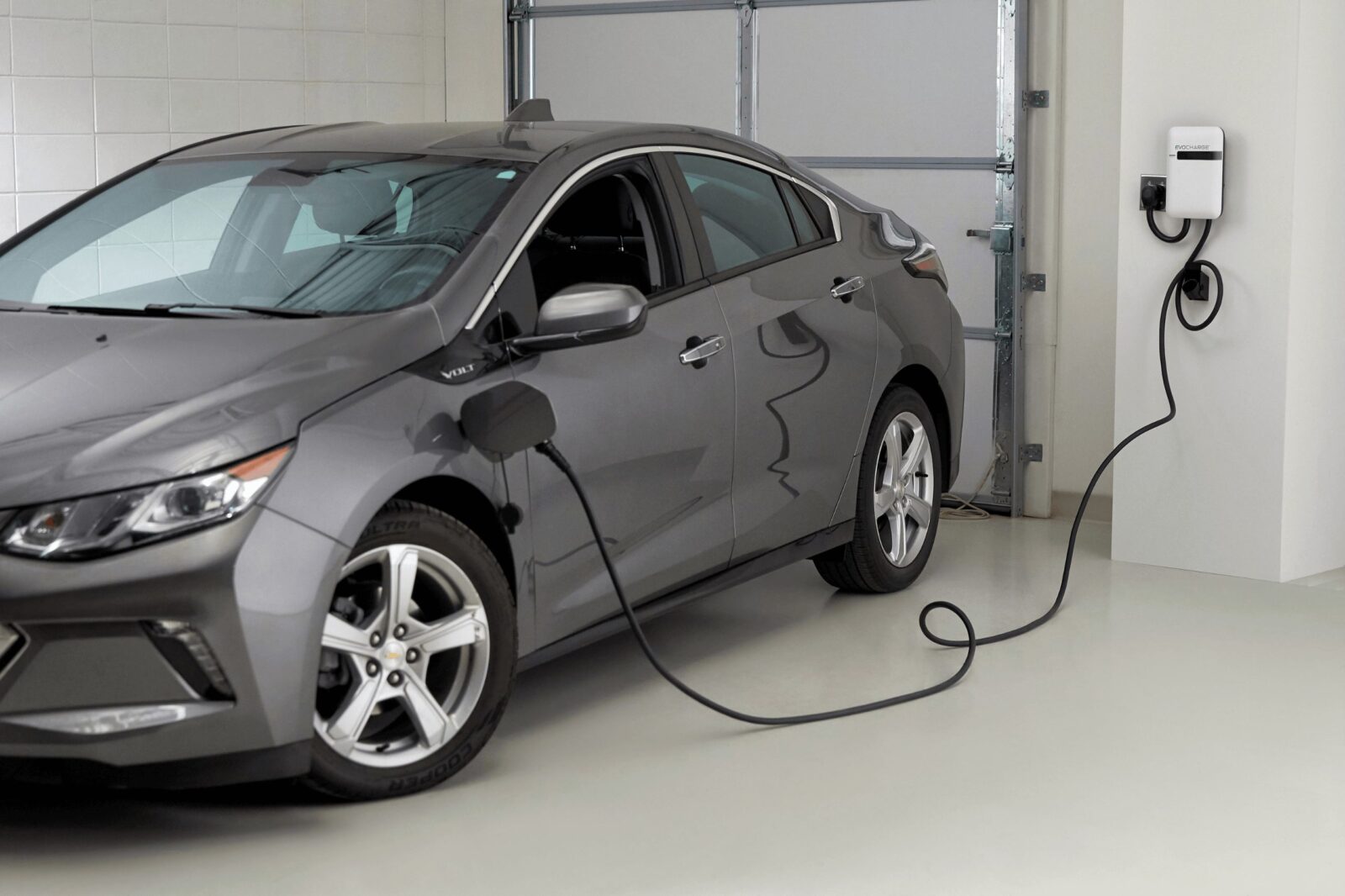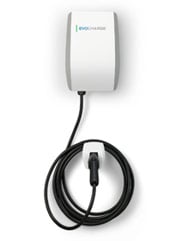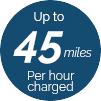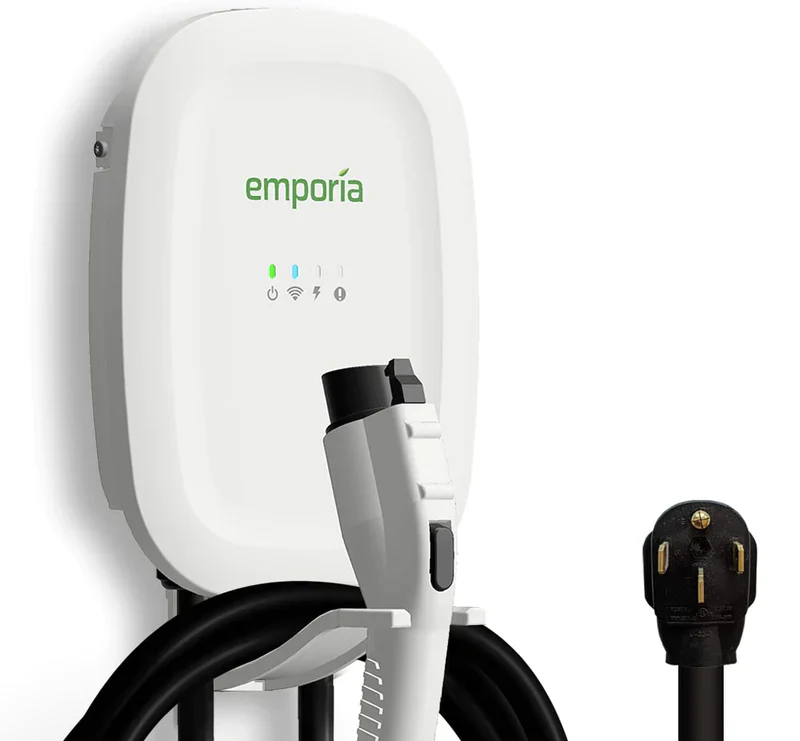Let’s face it—shopping for a home EV charger can feel like wading into electrical engineering territory. You want something that works, charges fast, and doesn’t require a PhD to install. Then you see all the numbers: 32 amps, 40 amps, 50 amps. More amps sounds better... right? Not always.
This guide will help you cut through the confusion. We’ll break down the difference between 32, 40, and 50 amp EV chargers, and help you figure out what’s best for your setup. No jargon. No fluff. Just what you need to know.
What Are Amps, Anyway?
Amps (short for amperes) measure the strength of an electrical current. A higher amp rating means more electricity can flow to your EV at once. Think of it like water pressure. A 32 amp charger is a steady stream. A 50 amp charger is a firehose. Both will get the job done—one just does it faster.
Why Amps Matter for EV Charging
Every device in your home pulls a certain number of amps—your oven, your AC, your hairdryer. Your electrical panel only has so much to give (typically 100 to 200 amps total), and if you try to use more than your system can handle, your breakers trip. Game over.
Higher-amp chargers use more of that available power. A 32 amp charger pulls less juice than a 40 or 50 amp one. That’s easier on your panel, but slower on your battery.
32 vs. 40 vs. 50 Amp Chargers: Speed and Setup
Here’s where the rubber meets the road:
- 32 Amp Charger: Slower charge, good for plug-in hybrids or overnight use. Needs a 40 amp circuit. Lower cost, easier install.
- 40 Amp Charger: A solid middle ground. More range per hour. Requires a 50 amp circuit.
- 50 Amp Charger: Fastest home charging. Adds up to 45 miles of range per hour. Requires a 70 amp circuit and may need an electrical panel upgrade.
Recommended pick: The Emporai Level 2 EV Charger (48 amps) delivers fast, reliable charging without overloading your system. It’s a smart, future-ready option for most homeowners.
Emporia 48 Amp Smart Charger
The Emporia level 2 EV charger rates extremely well in almost all quality standards that define an excellent level 2 EV charger. Whether it’s cost and value, power and weatherproof, construction and durability, or simply just the smart features it offers.
How Many Amps Does Your EV Actually Need?
Not every EV accepts the same charging input. Many plug-in hybrids cap out at 32 amps. Fully electric vehicles vary. Some accept no more than 7.7 kW of input (around 32 amps). Others can handle more, which makes a 40 or 50 amp charger worthwhile.

Rule of thumb: your EV will only accept as much power as it’s built for. Buying a 50 amp charger for a car that can only take 32 amps won’t make it charge any faster.
Check your vehicle’s specs in the manual or manufacturer website to see what it can handle.
Do You Really Need 50 Amps?
If you're plugging in overnight and aren’t in a rush, 32 or 40 amps will do the job. But if you want a quicker turnaround—or are thinking ahead for a future EV—a 48–50 amp charger makes sense.
The Emporai Level 2 EV Charger (48 amps) is a great choice. It gives you more power, faster charging, and some headroom for future EVs without going all-in on commercial-grade setups.
Final Thoughts
You don’t need to overthink it. Match your charger to your vehicle’s needs and your home’s capacity. For most people, 40–48 amps is the sweet spot: fast enough, efficient, and ready for tomorrow’s EVs.
And if you want power, speed, and flexibility in one clean package, the Emporai Level 2 EV Charger (48 amps) delivers.





